No Forgiveness For Shining Path Leader Abimael Guzman
Four decades after Shining Path guerillas massacred dozens of their loved ones in the town square, residents of Santiago de Lucanamarca, a remote settlement in the Peruvian Andes, say they cannot forgive the man responsible, Abimael Guzman, who died on Saturday.
In one of the worst atrocities committed by the group in its quest to overthrow the then government, Shining Path rebels armed with machetes, axes, knives and guns mowed down 69 civilians -- including 22 children -- on April 3, 1983.
Some were burnt alive with kerosene, other hacked to death in a warning to other communities not to oppose the Shining Path.
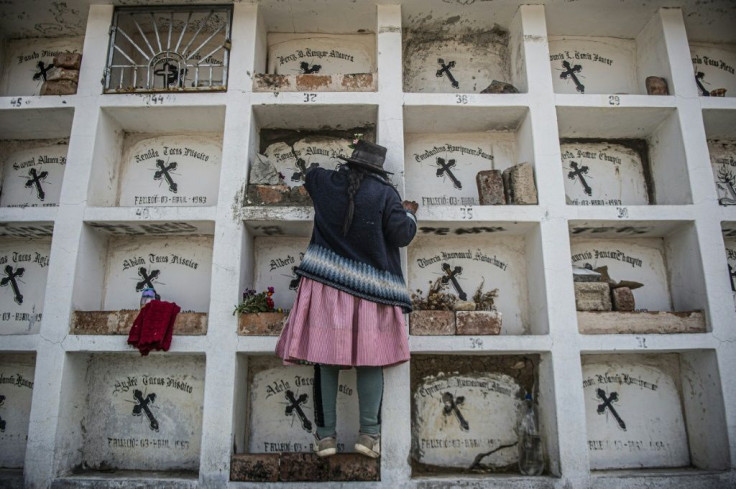
"This wound he left us cannot be healed," said Orfelinda Quincho, a teacher of 64 who lost nine relatives in the massacre, including her mother and a son.
"There is no forgiveness for Abimael. If he is dead, may his body be burnt and thrown into the sea," she told AFP after 86-year-old Guzman's death at a maximum security prison, where he was serving a life sentence.
Heraclides Misaico, 68, lost her husband Alberto Tacas and four children -- Adela, 9, Haydee, 7, Abdon, 5, and Benilda, 4.
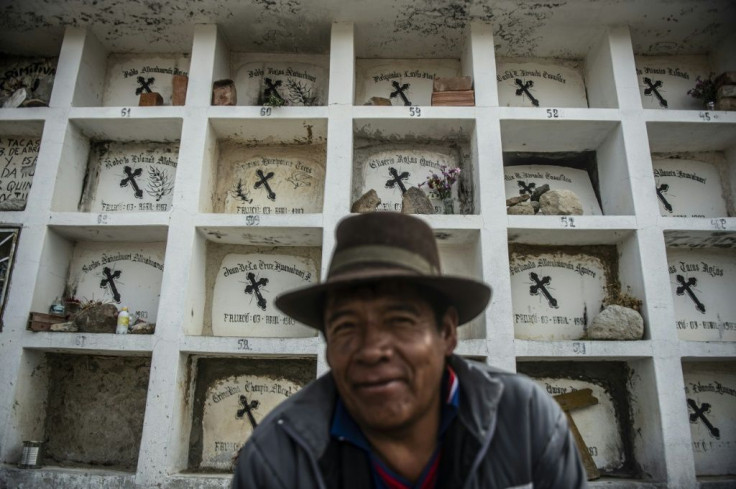
She hid at home, and survived the massacre with her three other children.
"Abimael Guzman has done us much harm. To my children and my husband," she said "We don't want to think of that person. He killed innocent people. Many were left orphaned."
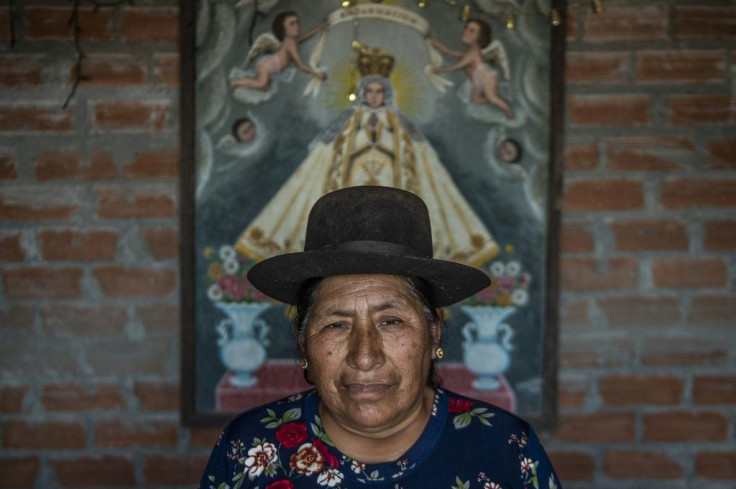
According to residents, armed Shining Path rebels marched into Lucanamarca on that fateful day, forcing people onto the main town square.
They selected men and women whom they accused of collaborating with government forces and summarily executed them.
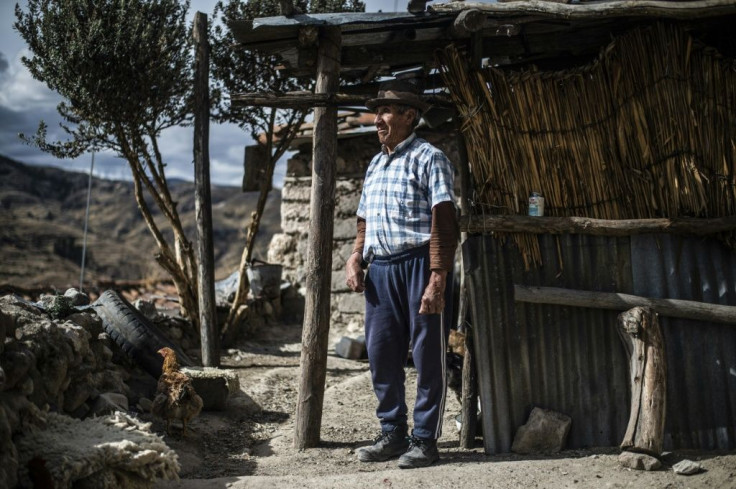
At the time, the town had some 2,600 residents -- speakers of the Quecha indigenous language who lived in mud and brick dwellings and dedicated themselves to small-scale farming.
For fear of reprisals, family members only reported the crime in 2001 -- 18 years after the fact -- in testimony to Peru's Truth and Reconciliation Commission investigating crimes committed during the country's 1980-2000 civil war.
The remains of 64 of the victims were positively identified after being exhumed in 2002 from a mass grave, where they had been secretly deposited by relatives under threat of death from the Shining Path if they told anyone about what happened.
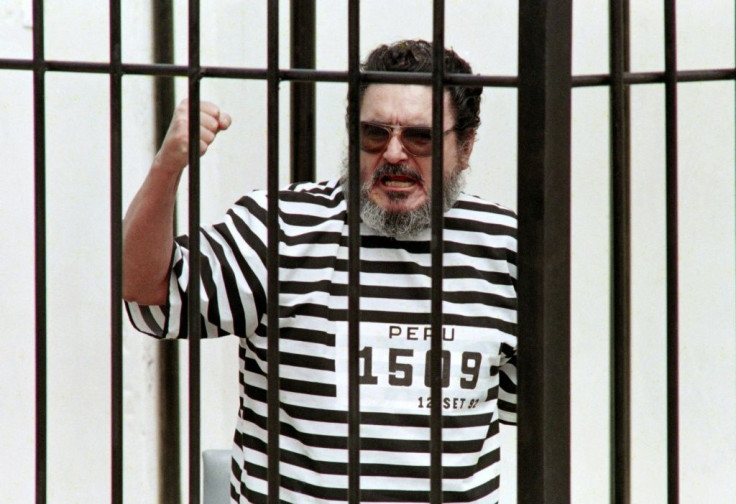
Since 2003, the remains of those killed lie in a white mausoleum in the village cemetery surrounded by pine and eucalyptus trees.
A pyramid-shaped monument on the Plaza de Armas village square bears the names of the victims, which included 22 children and 14 women.
"It is a trauma we cannot forget," said Rolando Misaico, who at the age of 10 lost his mother and six other family members in the massacre.
His mother, Felicitas Ebanan, was hacked to death with an axe.
Misaico and other villagers hid away for months in caves in nearby hills after the brutal crime.
Epifanio Quispe, 75, said he was among a group of people captured and brought to the central square that day.
"They sprayed kerosene on us... but a cry from the police allowed us to flee," he recounted.
His brother, 32-year-old Damian, was not so lucky.
A court in 2006 found Guzman and his wife Elena Iparraguirre were the masterminds behind the Lucanamarca massacre and sentenced them to life in prison.
He had acknowledged responsibility for the crime in an interview in 1988 with El Diario, a Shining Path mouthpiece publication, and was captured in 1992.
The Shining Path spread terror across Peru in the 1980s and 1990s in its war against the state, which left some 70,000 people dead and thousands missing and displaced.
On Friday, the government of Peru promulgated a law approved by parliament allowing authorities to cremate Guzman's body.
His also-imprisoned widow had requested that the body be turned over to her for burial, but officials were concerned the gravesite could become a rallying point for his followers.
© Copyright AFP 2024. All rights reserved.











